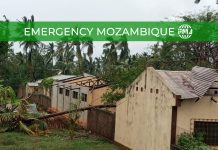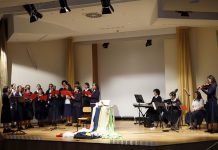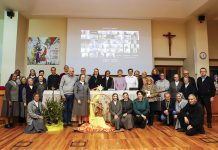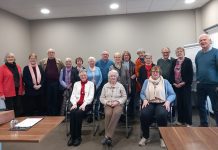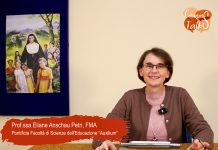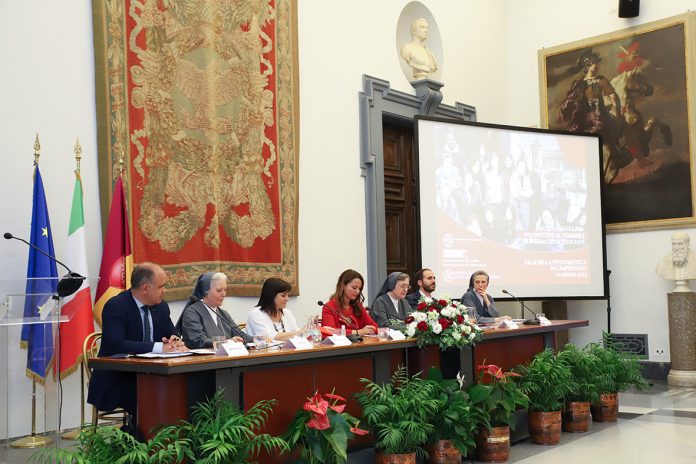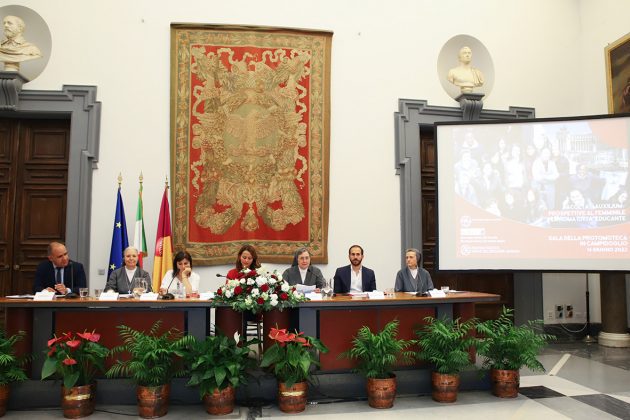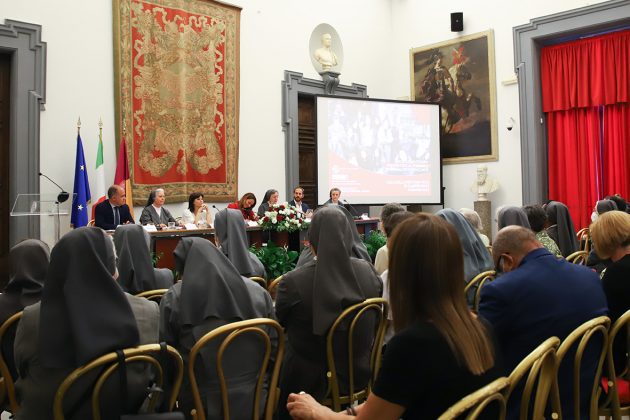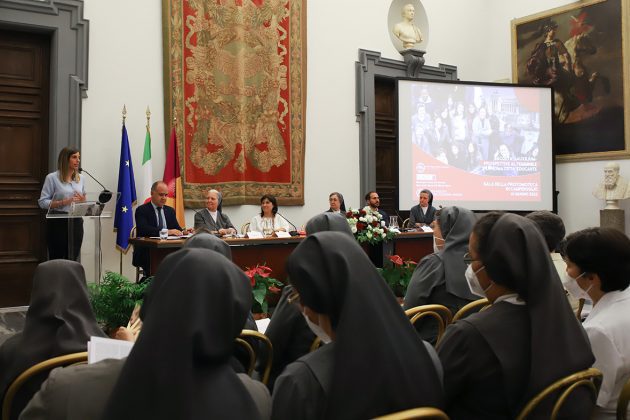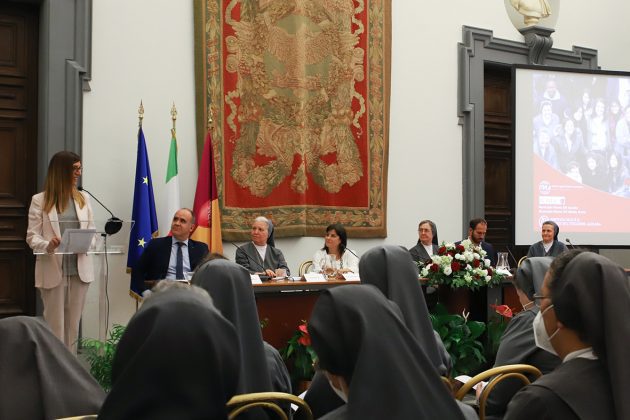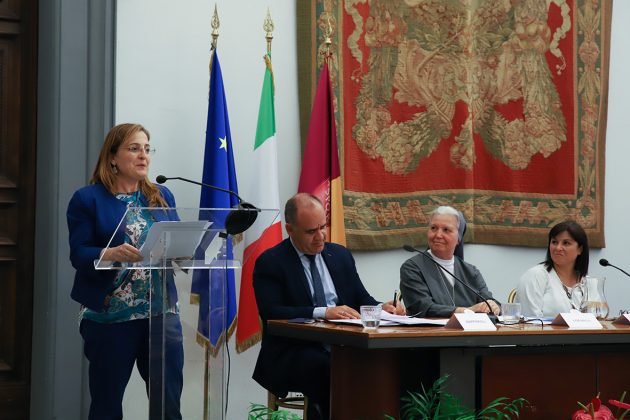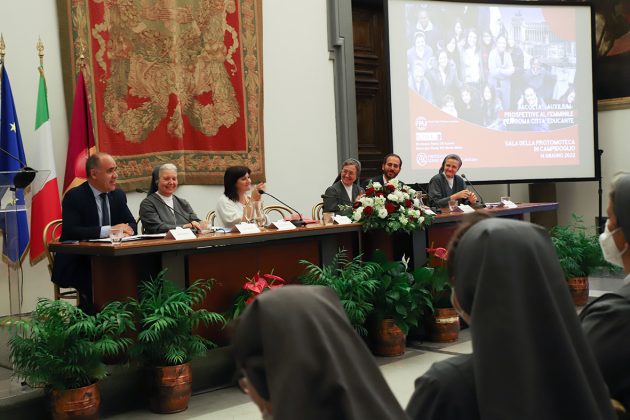Rome (Italy). On 14 June 2022, the prestigious Hall of the Protomoteca of Campidoglio in Rome, was the seat of the round table at the Auxilium Faculty: female perspectives for Rome Educating City organized to celebrate the 150th anniversary of the foundation of the Institute of the Daughters of Mary Help of Christians (1872-2022), by the Pontifical Faculty of Educational Sciences “Auxilium”, in collaboration with Municipalities XIII and XIV of the Municipality of Rome.
Listening to local institutions in order to deal with today’s educational ‘questions’ and identify perspectives for answers is the main objective that animated the event, which was attended by the Superior General of the Institute of the Daughters of Mary Help of Christians and Grand Chancellor of the Faculty, Mother Chiara Cazzuola, with the General Councilors; the Superior of the Preprovince Mary Mother of the Church (RMC), Sr. Maria del Carmen Canales; the Dean of the Faculty “Auxilium”, Sr. Piera Silvia Ruffinatto and the Teachers; the Presidents of Municipalities XIII and XIV, Dr. Sabrina Giuseppetti and Dr. Marco Della Porta; various Councilors; personalities from the academic world and representatives of social, political, cultural, and ecclesial Institutions; FMA, pupils, and past pupils of the Auxilium Faculty.
The proceedings began with the greeting of the Assessor of the School, Training and Work of Roma Capital, Dr. Claudia Pratelli, who greeted the assembly on behalf of the Mayor, Dr. Roberto Gualtieri, and of the Institutions of Roma Capital, and thanked the FMA for their contribution to the social development of the city, especially for their work in the marginal and peripheral areas of the city. “The educational mission of the FMA is very precious for our city, education, in fact, is the main tool for promoting a more just city.”
Mother Chiara Cazzuola, in her greeting, underlined the value of education as a factor of transformation, “because educating is always an act of hope, of trust in the future, which helps people to pass from the arid logic of indifference to the capacity to welcome our common belonging to God and humanity to bring it a new contribution,” and the importance of thinking and networking among the institutions in favor of education, “an effective way to humanize the world and history, a question of love and co-responsibility that is proposed as an antidote to individualism, to waste, to feeling one does not belong.”
Mother Chiara concluded by wishing the Faculty to continue to be “a valid ‘cultural and intercultural laboratory’, an open and dynamic site, in dialogue with socio-cultural challenges always full of questions about meaning and of the future, to form professionals in the field of integral education in step with the times” and to Educating Communities to be generators of life and hope “in a time of precariousness, uncertainty, and new opportunities, strongly marked by the need for authentic relationships of peace, of justice, of social responsibility,” drawing on the rich experience of these 150 years of history.
The historical presentation by Sr. Grazia Loparco, FMA, Professor of Church History at the Faculty, with the data documenting the presence of the FMA since 1891 in the Capital, was the setting for the round table, moderated by Andrea Zapparoli, a Salesian Cooperator, expert in juvenile distress and addictions.
“Like Don Bosco in Turin, the FMA in the city preferred the urban peripheries and human peripheries, in which respect for each person, a sense of duty and the common good, Christian values were to be promoted in the family, in the workplace, and leisure environments. Many of those houses are now an integral part of the city, grappling with new forms of poverty and educational challenges,” explained Sr. Grazia. In Rome today, there are 16 FMA communities, in addition to those of the Salesians of Don Bosco.
Dr. Marco Della Porta, President of Municipal XIV, spoke of the presence of Auxilium in the area as a resource for a polycentric urban network. “In the history of the Salesian communities, we trace the propensity to create schools in marginal areas or areas with a vocation to the populace, which then gradually become propulsive centers also from a socio-cultural point of view. (…) The Auxilium is not only a cultural defense, but also one of value and gender, hosting a community within the community (…) which has always had an international vocation.”
Educating to female perspectives is one of the aspects also addressed by Sabrina Giuseppetti, President of Municipality XIII, with the meaning of “educating to a fair and balanced society, respectful and promoter of values that give depth to the relational fabric” to which Rome Educating City must look to build relationships that become a ‘system’ of relationships, helping to improve the system of belonging.
The Dean of the «Auxilium», Sr. Piera Ruffinatto, highlighted the specific dimensions of the Faculty – pontifical, international, Salesian, female – attentive to the integral growth of the person and a laboratory of talents for education. Sr. Piera spoke of the need to forge an educational alliance for the Educating City. “Believing in education, reaffirming its transformative power with a view to humanizing society, making our best energies and collaborations available, is the most important thing that can be done.”
The talents acquired by those who attended the Faculty were the central themes of the testimonies of three Auxilium Past Pupils who invest their skills and professionalism in the various socio-educational sectors of the Capital and Municipalities.
Maria Grazia Vergari, psychologist and lecturer at the Faculty, highlighted “attention to the person as a whole, to the contexts of life and growth, the importance of prevention, and the art of supporting parents, teachers, children.” Elisabetta Marini, Teacher of religion in the Diocese of Porto-Santa Rufina, recognized in the “relational style marked by the familiarity and cordiality typical of the Salesian educational environment for women” and in the “particular care in accompanying future education professionals, who in turn will become experts in accompanying future generations,” precious elements for her current profession. Lastly, Elisabetta Empler, Professional educator, recounted how study in an intercultural environment and valuing the human person in all their dimensions allowed her to use her professionalism by interfacing with different educational realities in the Rome area and to field her own pedagogical skills by adapting to the reference context and proposing improvement strategies.
The round table concluded leaving some questions open, proposals for educational actions and projects that the “Auxilium” Faculty could put in place to promote the implementation of networking with the territory, in synergy with educational, social, and cultural policies.


